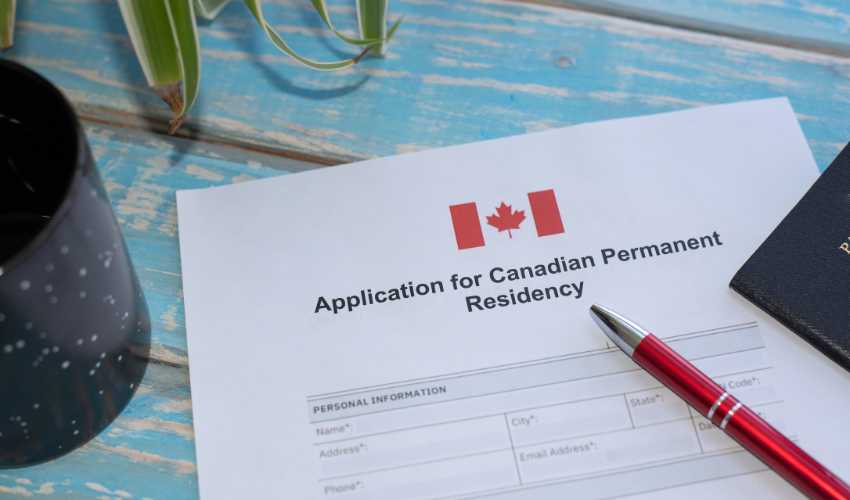Now, International Students Can Work More Than 20 hrs Per Week
Beginning today, more than 500,000 international students studying in Canada with a valid study permit with off-campus work permission can now work more than 20 hours per week off-campus until December 31, 2023. Foreign nationals applying for a Canada Study Visa will also be subject to this temporary measure. If their application is accepted by Immigration, Refugees and Citizenship Canada (CIC Canada), they can take advantage of this program. This is a one-time solution designed to address high labour shortages and a low unemployment rate in Canada, especially in industries where international students have historically predominated, like food services such as restaurants, retail stores, etc… Still, there are no limitations on the type of employment.
In the past, international students who applied to study in a Canadian educational program (DLIs) that met their eligibility might obtain permission to work off-campus for up to 20 hours per week while enrolled. During scheduled breaks in the school year, students can work full-time, such as during winter and summer holidays or a fall or spring reading week. This approach enables foreign students to support themselves financially while also attempting to keep them concentrated on finishing their studies rather than being concentrated on finding employment in Canada. However, the Canadian government has temporarily lifted this restriction in response to the almost one million job openings it faces.
Due to several factors, including the high standard quality of educational institutions, multiculturalism, and the availability of employment and permanent residency chances (Canada PR), there is still a high demand to study in Canada. So, many international students report that they are interested in staying in Canada as permanent residents after completing their studies. It is one of the most popular places for overseas students to study in Canada. In 2021, Canada issued 447,615 brand-new study permits.

Here are two main pathways to Canada PR available for international students in Canada:
1- PR Pathway Through Post-Graduation Work Permit Program (PGWP)
PGWP program is fabulous for those international students who have graduated from eligible Canadian designated learning institutions (DLIs) and would like to gain valuable Canadian work experience after graduation by receiving an Open Work Permit.
Can I get PR after studying in Canada?
The work experience obtained through the PGWP, if in the Skilled Canadian work experience in National Occupational Classification (NOC) skill type 0, A, or B, helps graduates gain more points towards permanent residency (PR) under the Express Entry Canada through the Canadian Experience Class (CEC) program. So, it is one of the bridging mechanisms for international students in Canada to transition from temporary resident status to Canada PR (TR2PR Canada).
2- Through Provincial Nominee Program (PNP)
Permanent Residency in Canada (Canada PR) is achievable through various Canadian Immigration programs. One of the most common pathways for international students who graduate in Canada is the Provincial Nominee Program (PNP). Provinces and territories across Canada also reward international graduates with domestic work experience.
Does the PNP guarantee PR in Canada?
Quebec and PNP streams across Canada offer permanent residence pathways to international graduates to encourage them to remain in the province or territory and continue contributing to the labour market as immigrants. The International Student Stream of Provincial nomination is an excellent option for international students who graduate in Canada to get Canada PR (Permanent Residency). This is one of the most achievable pathways for international students who graduate in Canada. It is designed to help employers hire fresh international graduates whose skills may be in limited supply.
How Can We Help You?
ARNIKA VISA can inform you of the specifics of the study visa Canada process. We can also help you get ready to study in Canada. Suppose you want to discover how the RCIC can help you. In that case, the first step is to complete the Assessment Form (To detail your personal, educational, and employment information) available on the site.



